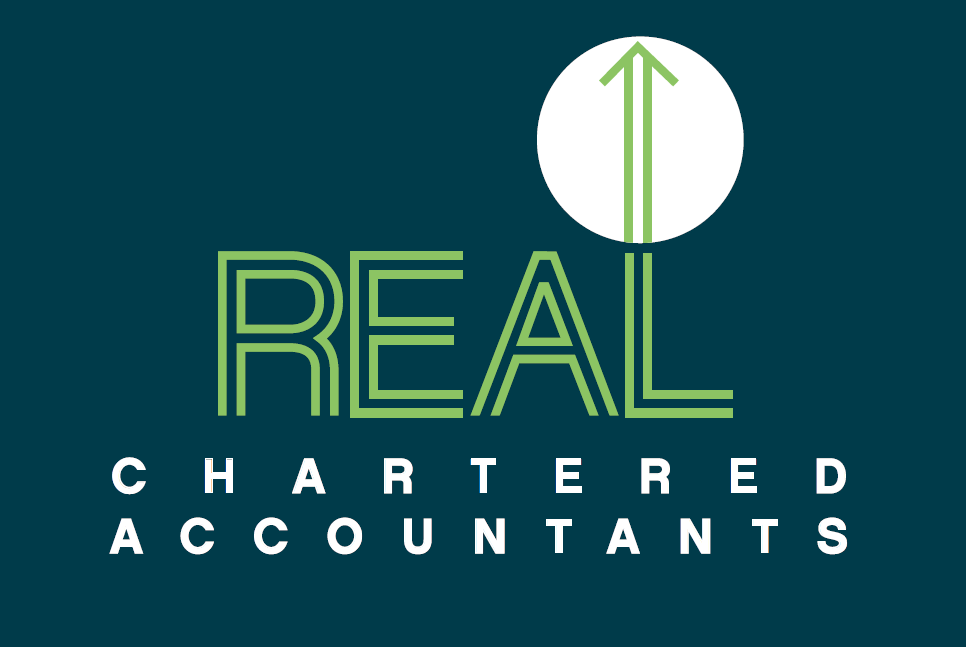NEWS
Tips for Getting Paid

Ensuring you get paid promptly for your goods and services needs to start from that first conversation and quote submitted to your new client. This makes your expectations clear before you start any business with them, and ensures they understand your payment terms clearly too.
Proactive Customer Service
Before you start any work with a client there are a few things you need to get sorted as part of the “onboarding” process for your business:
- Make sure you get their entity name correct – personal or company or sole trader.
- Ensure they clearly understand your payment terms – if necessary, review these beforehand to suit the client or contract.
- If possible, send a quote, contract or confirmation of the project you have agreed to undertake.
- Make sure any agreement you make is signed by someone with authority to sign for the entity.
It’s important you establish these details before any debt is incurred by your customer.
Financial Costs of Debt Recovery
Essentially if you wish to recover collection costs from your debtors, you should satisfy at least one of the following criteria:
- Large On-Premise Notices - Informing customers that they will be liable for collection fees and late payment fees if they do not pay for goods and services by the agreed date - obviously this will only work for you if you have clients calling into your premises.
- Clear Terms of Trade - Clearly spell out your terms of trade before clients receive your goods and/or services. Terms need to clearly state that if the debt is not paid that they will be liable for debt collection costs incurred. Explanations on an invoice are not sufficient. Commonly these will be on any letter of engagement, credit application or written quote provided. On the rare occasion, we can also use terms on an invoice – but only if the client is a repeat customer and if the terms were on the original invoice too.
The same applies to any financial costs which are adding to the debt - interest or late penalty fees are common. If you don't establish a right to charge these in your terms of trade then you can’t charge them.
If you don’t have these terms in place then you can’t pass collection costs onto your customer. That doesn’t mean you can’t recover the original debit – just that you will incur any additional costs yourself.
Interest Rate Costs
We recommend charging rates of around 2.5% pm or stating that a late payment penalty of 10% will be charged on all overdue accounts. This interest rate is still high @ 30% p.a. however you are not a bank and it is intended to assist with covering not only the interest cost of holding a debt but the admin cost of chasing a debt. Clearly, if they want a cheaper borrowing rate, they should approach a lender, not you.
Get a PG signed
Asking for the personal guarantee (and even getting it signed) doesn't guarantee that you won’t have bad debts. However, it makes sure that the director(s) or trustees have a personal connection to the debt with you. This means that they will often prioritise payment on an account that could be held against them after their business is insolvent.
Credit Checking
If you wanted to consider credit checking new clients before you do work for them, you would need to include a clause that gave you the right to credit check the company - to make sure it was credit worthy. It is a cost for the business and you need to consider if you want to incorporate this into your credit model.
The other issue to consider is if you want the ability to credit check the director whether or not he signs the guarantee. This then allows you to do a complete check of the risk at the outset even when a guarantee is not signed.
Dealing with an Overdue Account
Have a standard collection process in place. Debts should be followed up in a standardised fashion. It is easier for your employees to follow a process and will generally be something along the lines of…
- Invoice
- Statement
- Reminder statement
- Phone call/text message
- Reminder Letter
- Phone call
- Final Letter – 7-day letter advising payment is required or debt collection action will proceed.
Consider using charging of interest or a late payment penalty (if your terms allow this) as a gentle prompt for payment. Remember, your goal is to get the original debt paid so blame the system for the automatic charging of interest and that this will be reversed if the balance is paid immediately.
Late Payment Agreements
If a verbal promise to pay is made, follow this up with an email to the client confirming the agreement. The important information you need to confirm here is:
- Date of payment (try to get first payment made relatively quickly – common delaying tactic is to ask for first payment on one month…buying time). Weekly payments are great if possible as it's faster to discover a default.
- Amount of payment.
- Repercussions of non-payment.
- Seek response agreeing to terms.
- Put read receipt on email.
If a drip feed payment offer is lower than ideal then consider seeking a lump sum upfront - to reduce debt in exchange for longer payment time frame.
If a full and final settlement is negotiated (because of problems or a need to bring the matter to a close) then word your email carefully to show that agreement is on the basis of payment. If payment is not made then the balance owed reverts to original amount owed.
If you want to do a personal visit to a customer about an overdue debt, be careful. The visit is on their property and discussions can sometimes deteriorate. Your goal is for an agreement so bullying doesn’t generally achieve an agreement that will actually be met. If an agreement to repay the debt is made in person then try to get a signature to an agreement to pay.
We’re Here to Help
If you think you may have problems with a late or consistently slow payer then you can also contact your REAL Client Manager for advice and assistance.
Disclaimer
This information is intended to provide general advice only. We recommend you discuss your specific situation with your Accountant.









